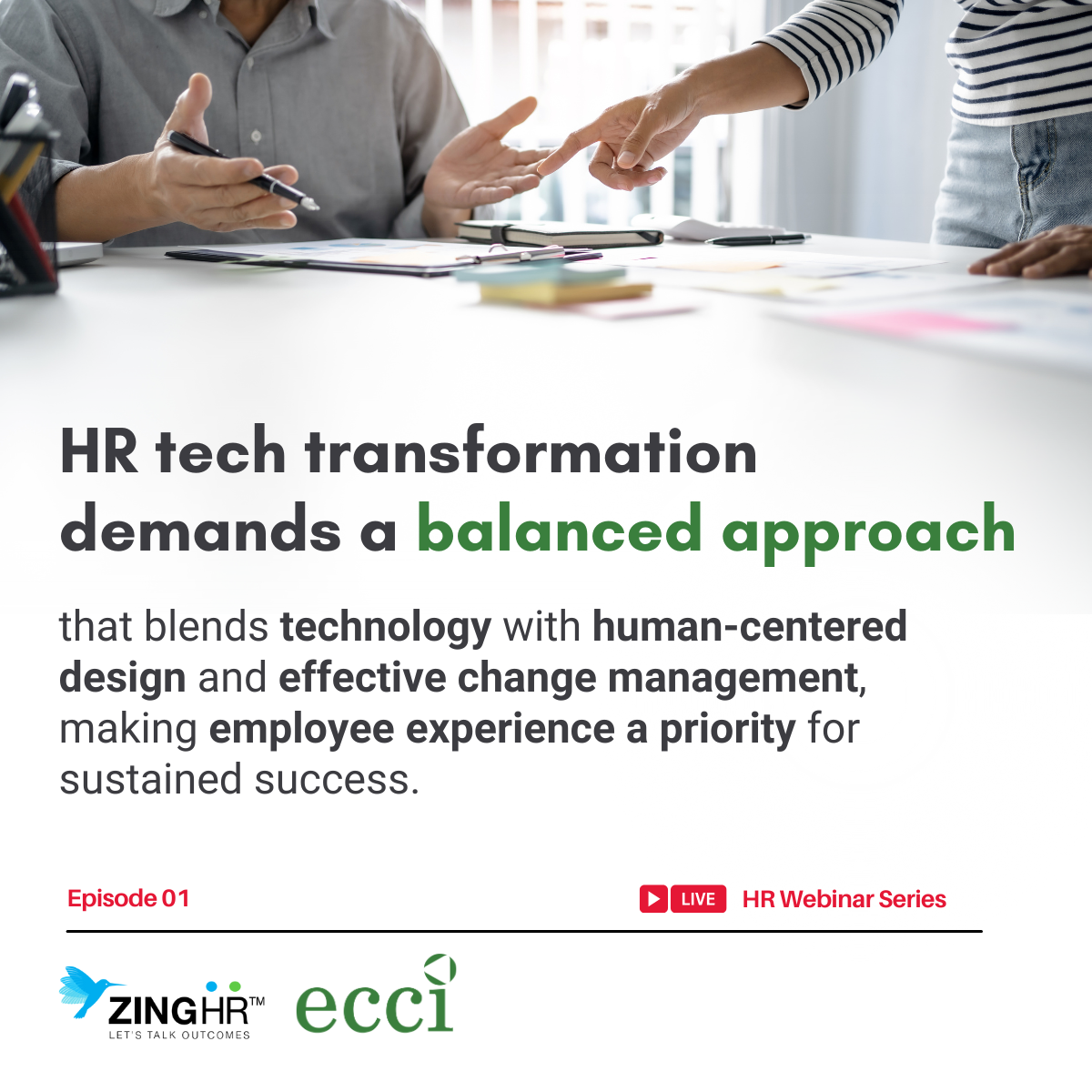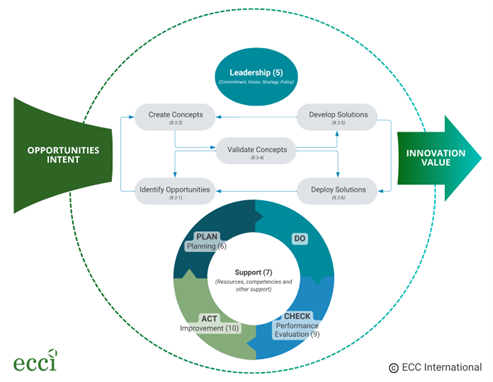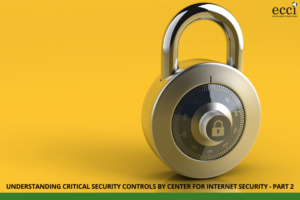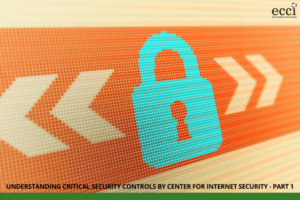First discovered in China in December 2019, the Coronavirus outbreak now counts for more than 1.8 million positive cases and over 100,000 deaths worldwide. But other than that, this pandemic has caused huge falls in the global stock market.
In the Philippines alone, the PSEi took a plunge to 6,300 last March 2020. After all, some businesses are forced to shut down in compliance with the Enhanced Community Quarantine.
Meanwhile, more and more local businesses have realized the importance of a workplace pandemic plan. That’s because business owners play a key role in protecting the health and safety of their employees. Not to mention that they also need to mitigate the negative impact of the outbreak on the local economy.
Having a preparedness plan during an outbreak is imperative. That said, we have listed down a checklist for pandemic preparedness for workplace that you can follow while working on your own plan:
Impact of Pandemic to Your Business
This part of your pandemic plan checklist details how your business should prepare in case of an outbreak. Hence, it is important that you gather input from key people within your business, as well as your employees.
This should include the following:
- Identifying a pandemic coordinator or building your team.
- Identifying and training a skeletal workforce that will aid in business continuity.
- Developing a plan in case of an increase or decrease in demand for your products or services.
- Determining the impact of the outbreak on your business in various scenarios (e.g. during the community quarantine).
- Finding an updated and reliable source of information in relation to the outbreak.
- Identifying key contacts and a chain of communication, as well as establishing an emergency communication plan.
- Running an exercise drill to test your pandemic preparedness plan.
Impact of Pandemic to Your Employees and Customers
Aside from preparing your business in case of an outbreak, it is also important to factor in how it can affect your employees and customers. That’s because there will be external factors that can prevent them from going to work or making a transaction with customers.
That said, it is important to consider the following:
- Ensuring that healthcare services are accessible and available to your employees.
- Encouraging employees to have a periodic health check.
- Identifying scenarios wherein employees will be unable to go to the workplace.
- Creating and implementing guidelines that limit face-to-face contact with customers.
Establishing Pandemic-related Policies
When making a pandemic preparedness plan checklist for the workplace, it is important to take into consideration the compensation, sick leaves, and any health benefits that you can provide to your employees during a pandemic.
Here’s the thing: Keeping them safe and healthy in these trying times can ensure business continuity.
Hence, it is important to include the following in your pandemic guides checklist:
- Policies for monitoring employees for possible infection and plausible next steps (e.g. home quarantine and evacuation).
- Policies for sick leave and compensation relevant to the pandemic.
- Policies of when a previously ill employee (but no longer infectious) can go back to work.
- Policies for flexible work arrangement (i.e. work from home) and flexible work hours.
- Policies for preventing the spread of Coronavirus in the office.
- Policies that restrict travel to known affected areas.
Allocating Resources to Protect Your Employees
Of course, any pandemic can strain your resources if you’re unprepared. Hence, it is important that you also include your strategy of procuring and allocating resources in your Coronavirus outbreak preparedness checklist.
This includes the following:
- Identifying possible providers of infection control supplies
- Managing logistics to move these supplies to all business locations
- Enhancing communication and IT infrastructure for telecommuting and remote work
- Ensuring that medical and emergency response are available and accessible

Photo courtesy of Edward Jenner via Pexels. Creative commons.
Coordinating With External Organizations
It can be difficult for any business, big or small, to face the challenges brought about by COVID-19. So, in order to ensure your employees’ well-being and help your community, it is important to include how you can coordinate with external organizations in your checklist for pandemic preparedness.
- Identify health insurance providers and health care facilities that can communicate your pandemic preparedness for the workplace.
- Coordinate with your local government unit and front liners to participate in building your pandemic preparedness plan.
- Inform your local government unit, health care facilities, and front liners of the services that you can provide to help the community.
In relation to your pandemic preparedness checklists, it is also important to note triggers that would inform you whether to activate or terminate your plans and strategies. For instance, if one of your employees is showing symptoms of COVID-19, which procedure should you implement?
Identifying key people who can help you implement whatever is on your checklist is also critical. That’s because they can help your business to operate even with a skeletal workforce while ensuring everyone’s health and safety.
Educate Your Employees About Your Pandemic Preparedness Plan
Of course, it will be impossible to implement whatever is on your checklist without informing your employees about it.
Hence, you should develop pandemic outbreak preparedness programs and disseminate information regarding Coronavirus. This should also include your business’ response strategies in these trying times. The key here is appropriately addressing everyone’s concerns.
And should you need help in creating a pandemic preparedness checklist, as well as implementing it, ECCI provides a holistic management process that can help your business prepare for and recover from disruptive incidents such as the COVID-19 pandemic.









